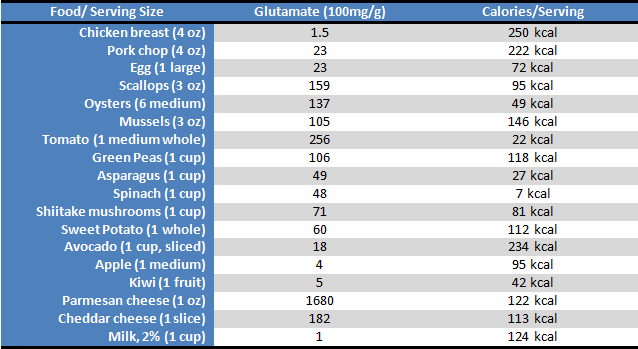
It’s fair to say that not only has umami established itself as one of the five basic human tastes, but it has invoked a timely curiosity about flavor in the foods we eat. Over the last decade, we have increasingly become invested in putting whole, healthy foods into our bodies because we know the integral role food plays in maintaining a healthy, balanced life. And within just the last few years, Americans especially have been seeking foods with optimum nutritional value containing a low amount of calories. We have seen some of our favorite foods advertised as “100 Calorie” and packaged foods boasting the words “Skinny” or “Lite” to imply that indulging will have little consequence on your waistline. Unfortunately, many of these foods fall into the “empty calorie” category, and while consuming them may be guilt-free, there may be little nutritional return on your consumption investment.
Experimenting with different flavors can make healthy dishes more appetizing and is an easy way to modify a go-to dish. Literally translated the Japanese word umami means “delicious taste” or “pleasant savory taste” and was coined in 1908 by a Japanese professor who discovered that monosodium glutamate, which is naturally occurring in some foods, reacts synergistically with certain ribonucleotides in foods, creating the sought-after taste. Umami is likened to a savory flavor, and there are a host of foods that naturally impart the taste while adding essential nutrients to your diet. Listed below are some healthy foods with naturally occurring high levels of glutamate – including calories per serving for those closely monitoring intake. Whether you’re a meat eater, strictly seafood or a vegetarian, there are plenty of ways to experience what has come to be known as the “umami sensation.” Think of this as your Skinny Guide to Experiencing Umami.


